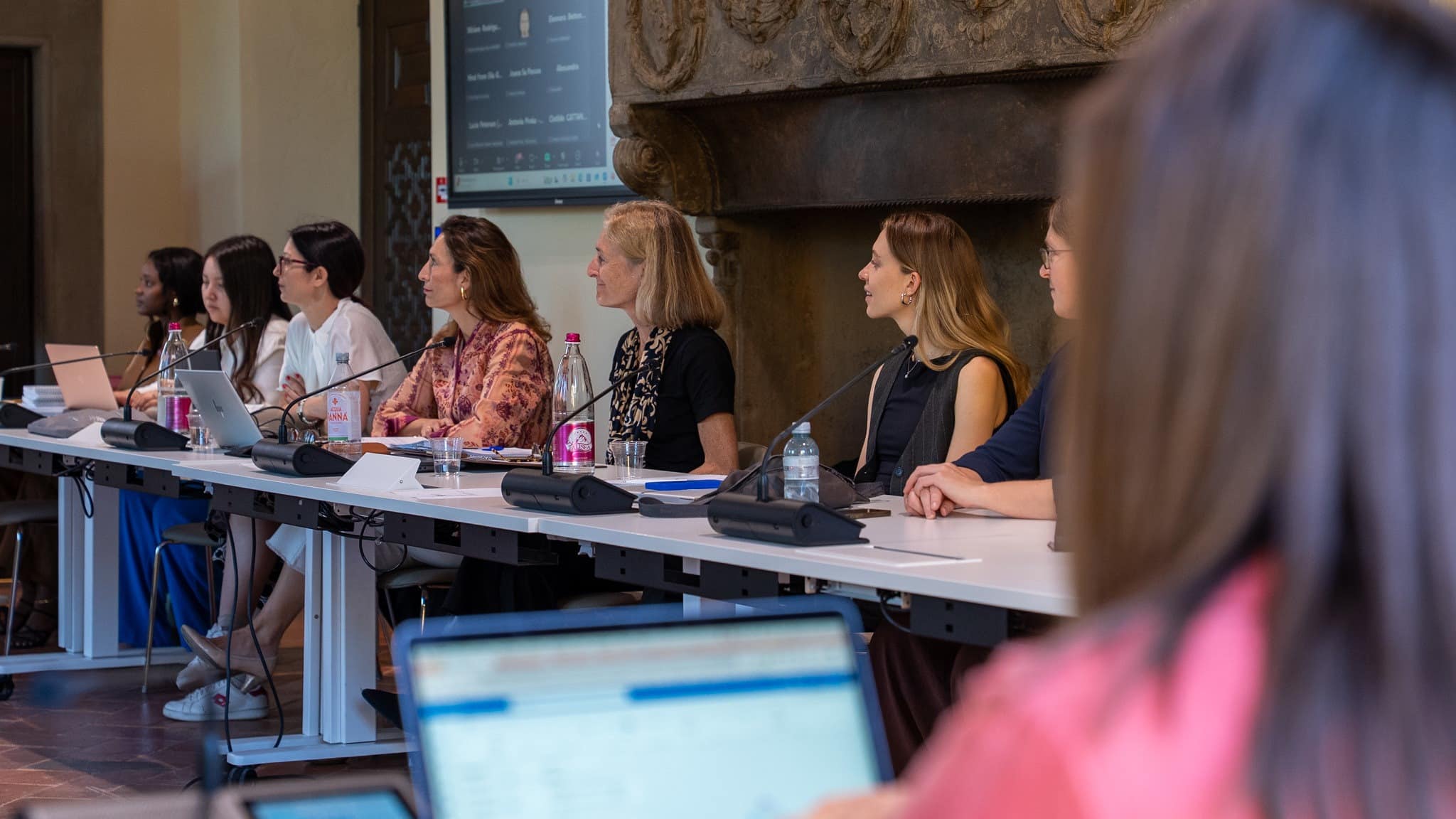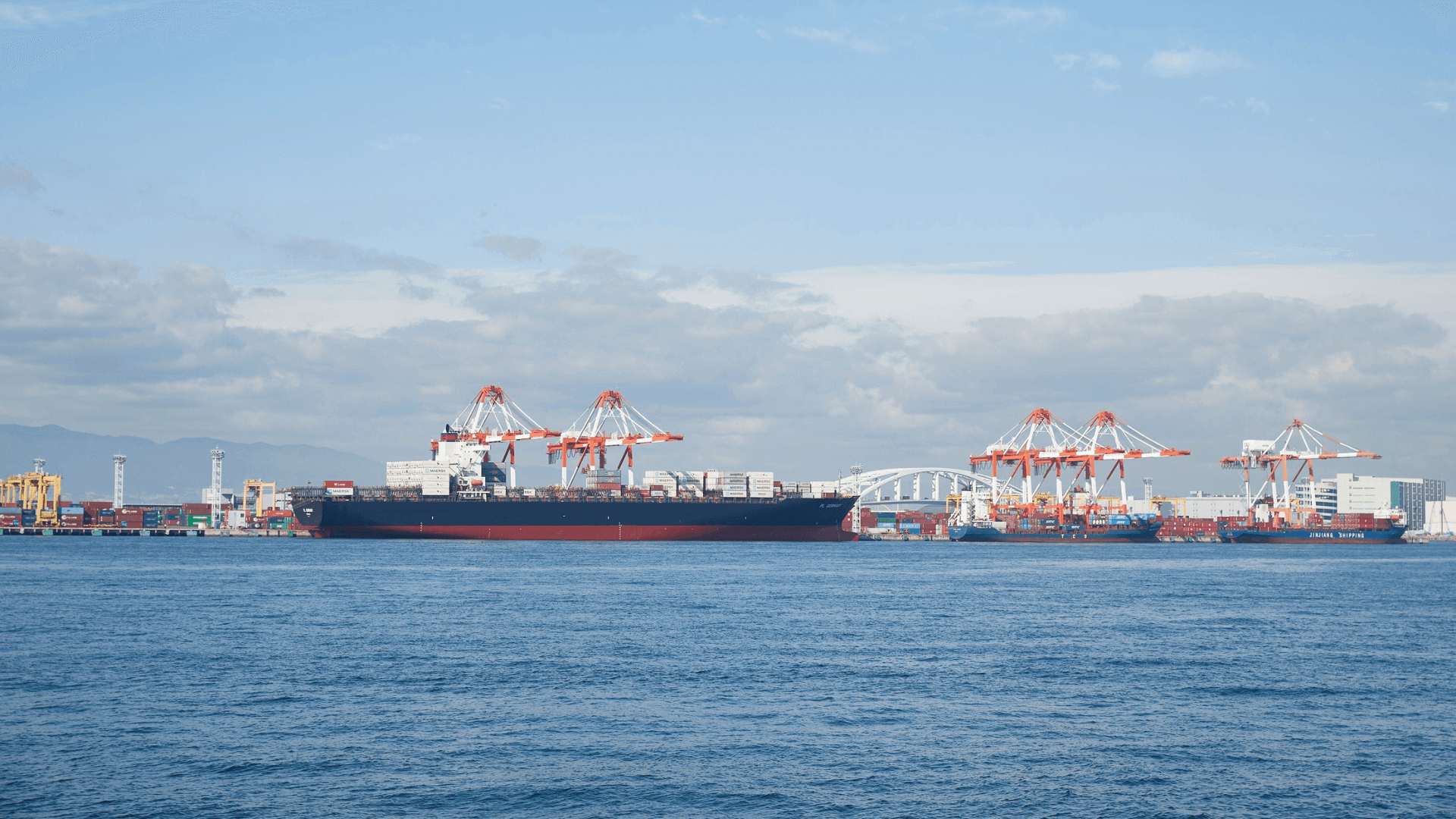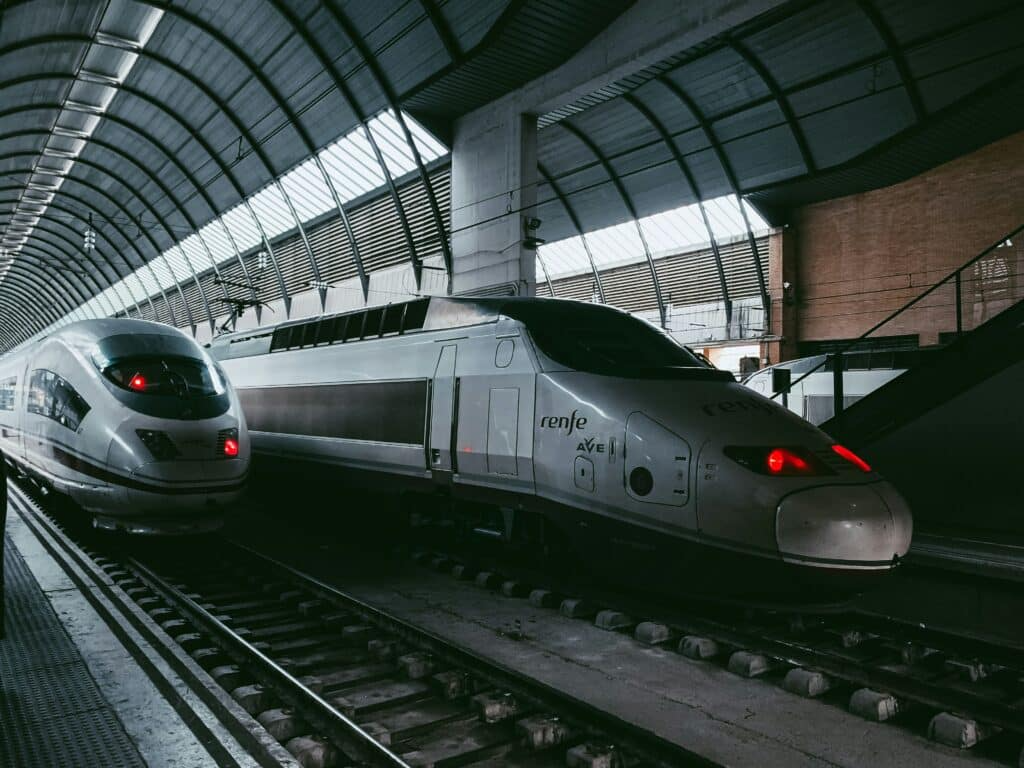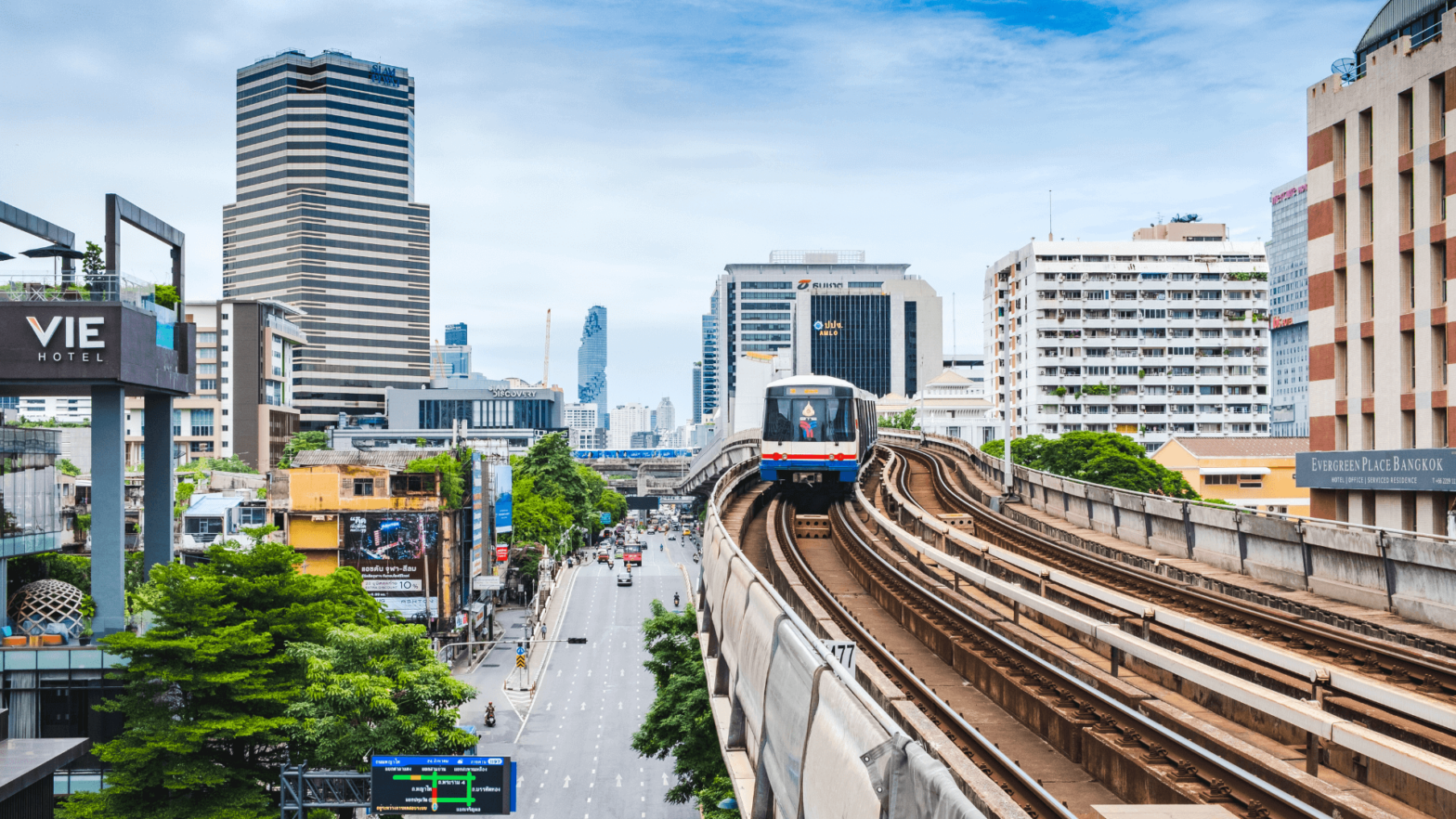18th Florence Rail Forum: Revitalising Rail Freight with Digitalisation
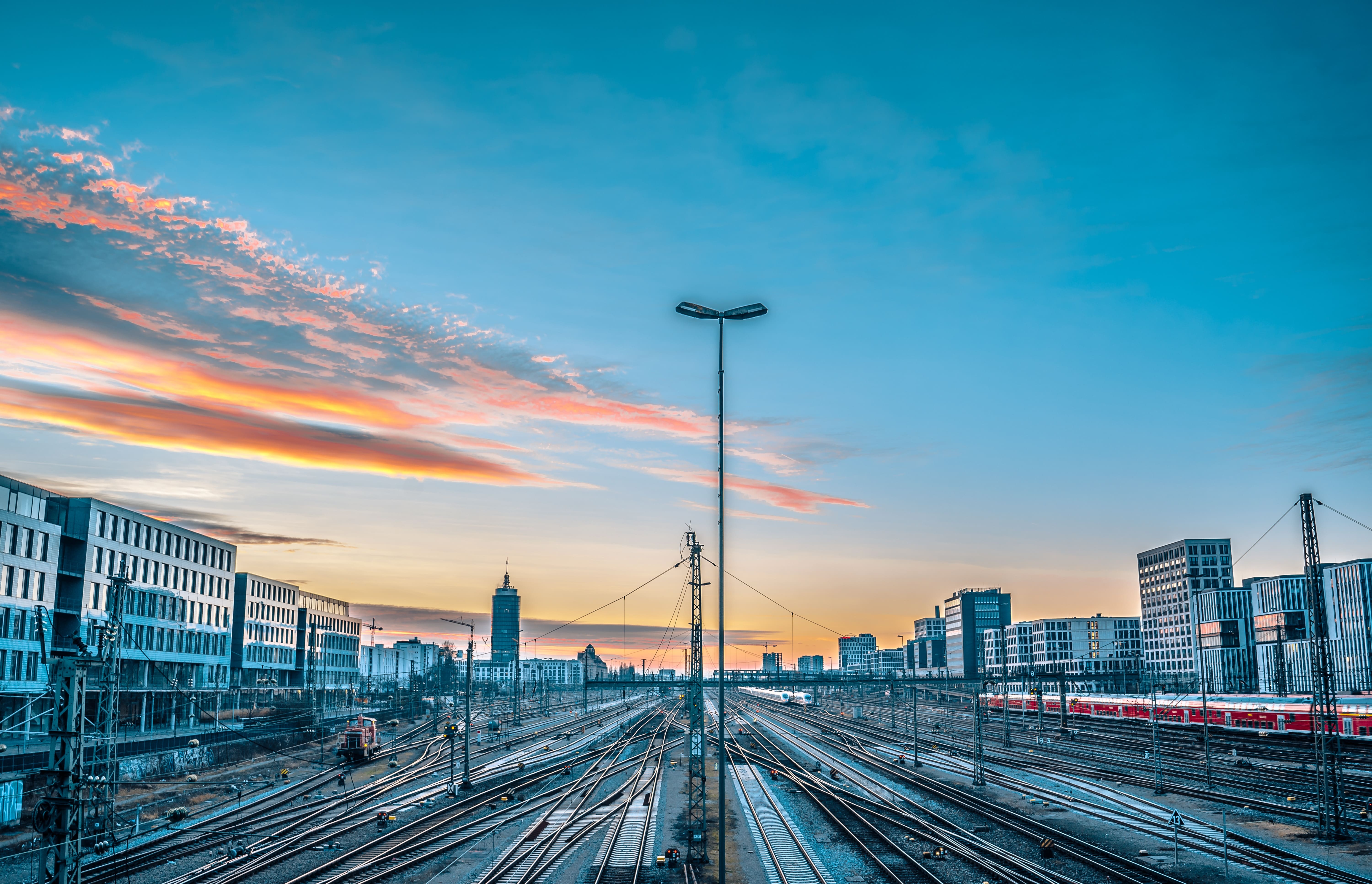
Digitalisation in rail freight transport: challenges and opportunities
BACKGROUND
In its 2011 White Paper the Commission fixed the objective that 30% of road freight over 300 km should shift to other modes such as rail or waterborne transport by 2030. Nevertheless, EU and Member State efforts in this area have not yet delivered satisfactory results – rail freight’s modal share stubbornly stagnates around 17%.
At the same time shifting medium-long trips from road freight to rail is an important part of the solution to achieve the Commission long-term vision. In addition to supporting decarbonisation objectives, a shift to rail would also ease congestion on roads, lower the pressure on road infrastructure by taking over the heaviest loads and reduce the risks linked to transporting dangerous goods.
To ensure that rail freight takes off, its performance needs to improve drastically in terms of quality and efficiency. The sector and legislators need to think fresh and bold, and consider holistically what can be done to break the stagnation.
To this end, DG MOVE is considering setting up a comprehensive EU strategy for rail freight as part of a modern multimodal transport system, supported by all stakeholders, with clear actions, targets and implementation schedule. Embracing new innovative business models and digital tools is a key part of the solution by enabling:
- increased efficiency: optimise the use of resources by sharing operational data and using digital solutions;
- resolved capacity shortages, by using modern network-level traffic planning and management tools and enhancing the performance of logistic chains
- improved offer, i.e. to provide flexible, end-to-end services integrated to logistical chain, tracked, traced and delivered on time.
The development of Rail Freight Corridors (RFC) remains the key element of the Commission’s policy to boost rail freight. The future rail strategy would therefore relay also on the results of the on-going evaluation of the RFC Regulation EU 913/2010. The regulation aims at improving the quality of international rail freight services by setting up a framework for international cooperation to provide high-quality capacity for international freight services. It entered into force in 2010 but the results are so far modest.
The 18th Florence Rail Forum, jointly hosted by the Florence School of Regulation and the European Commission’s DG MOVE, will discuss the opportunities and challenges to wider digitalisation of the rail sector, including how digital solutions can be used to better govern and operate the Rail Freight Corridors.
Digitalisation can and will affect the development of the Single European Railway Area as foreseen by the European Commission since 2012 (Directive 2012/34/EU). In support of the Commission’s focus on digitalisation, in 2016 the European trade associations CER, CIT, EIM and UIC presented the joint Roadmap for digital railways highlighting the opportunities and challenges of rail digitalisation.
In 2017 an even broader set of stakeholders, including CER, EIM, ERFA, UIP, UITP and UNIFE signed the Joint Rail Sector Declaration which reaffirmed their commitment to the continued provision of products and services using digital technologies to the benefit of consumers and with a view to contributing to the Digital Single Market.
Unlocking the full potential of new technologies and big data will necessitate a change in the way the entire logistics chain is organised and managed. In recognition of this, the European Commission initiated the creation of the Digital Transport and Logistics Forum (DTLF) in 2017. The DTLF is an open and collaborative platform that brings together Member States, public entities and other relevant organisations to exchange knowledge and develop policy and technical recommendations for the European Commission in the fields of transport and logistics digitalisation across all modes of transport.
Digitalisation is not a goal per se but rather a means to improve customer experience, operations and to increase capacity offer of RFCs. Though positive changes are already happening in the area, the consolidation of digital technologies and business processes in the sector remains an outstanding challenge. The 18th Florence Rail Forum will therefore seek to answer the following four critical questions:
• How can sharing of operational data improve the efficiency of operations? What are the barriers to sharing such data? Experience and lessons learnt from other sectors.
• Is digitalisation contributing to the modernisation and simplification of the RFCs? What is the potential of digitalisation for better international rail freight capacity?
• What is the impact of deployment of digitalisation in rail freight? In particular regarding client interface and integration in the logistical chain?
• What can we realistically achieve in the coming years?
PRESENTATIONS
- How to Revitalise Rail Freight with Digitalisation?, Matthias Finger, Florence School of Regulation/EUI; Ecole Polytechnique Fédérale de Lausanne
- Rail Freight: the Sick Man of Europe?, Maurizio Castelletti, European Commission, DG MOVE
- Rail Freight Corridors: Can digitalisation bridge the gap between potential and reality?, Reinhard Haller, European Commission, DG MOVE
- How can sharing of operational data improve the efficiency of operations? What are the barriers for sharing such data?, Paul Hegge, LINEAS
- How can sharing of operational data improve the efficiency of operations? What are the barriers for sharing such data?, Kirsti Laurila, Traficom
- Is digitalisation contributing to the modernisation and simplification of the RFCs?, Harald Reisinger, RNE
- Digitalisation between customer needs, regulatory demands and operational requirements, Martin Schmidt, SBB Cargo International
- Digitalisation of the (international freight) capacity planning/production process: challenges and solutions, Eric Cosandey, SMA and Partner AG
- Cefic Position on Rail Freight and Rail Freight Corridors, Frank Andreesen, Covestro
- More Efficiency Through Digitalisation in Combined Transport, Ralf-Charley Schultze, International union for Road-Rail Combined Transport (UIRR)
- How to Revitalise Rail Freight with Digitalisation?, Alfred Pitnik, Rail Cargo Group
- The Intermodal Business of Metrans. The Global Intermodal Solution, Robert Groiss, Metrans
- Ensuring an inclusive sectoral transition to a digitalised rail sector, Alberto Mazzola, European Economic and Social Committee
- The Use of Translation Tools on Locomotives, Annette Kraus, Deutsche Bahn
Don’t miss any update on our events
Sign up for free and access the latest events from our community.



